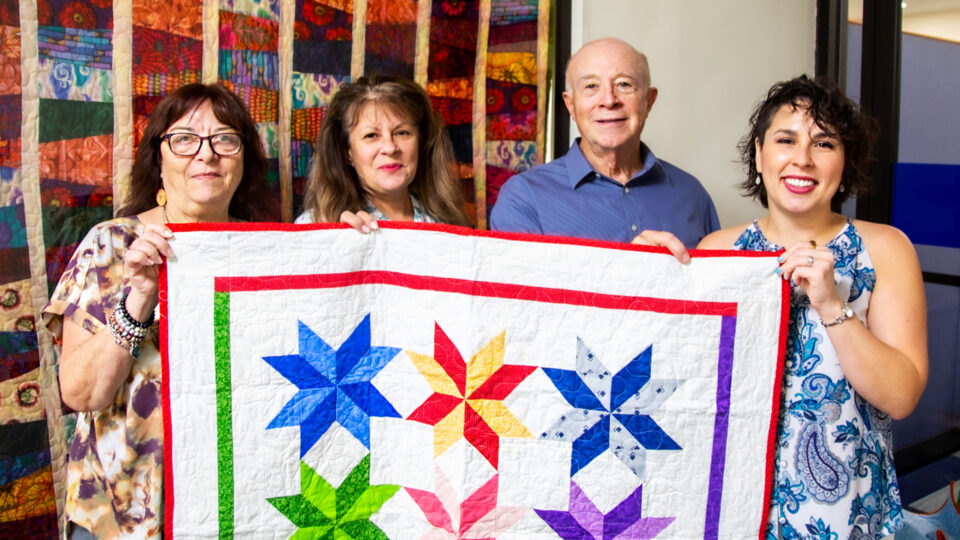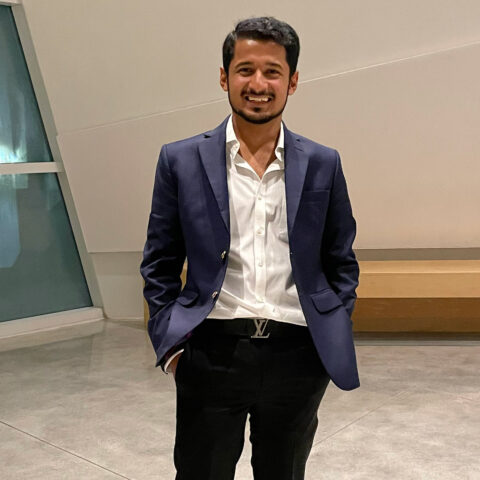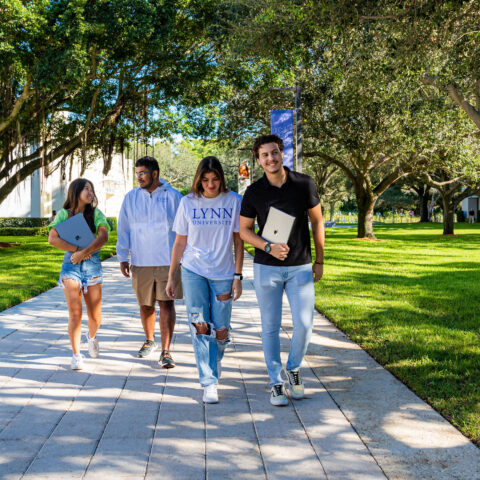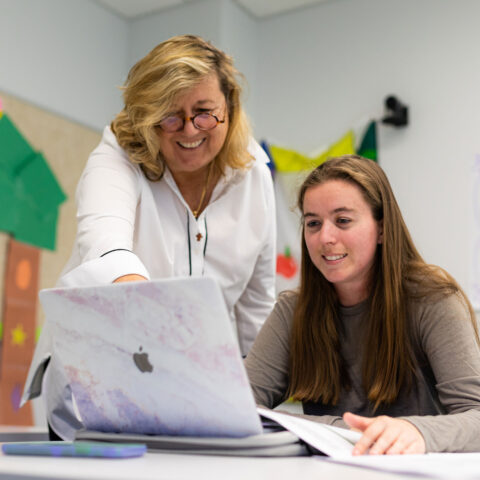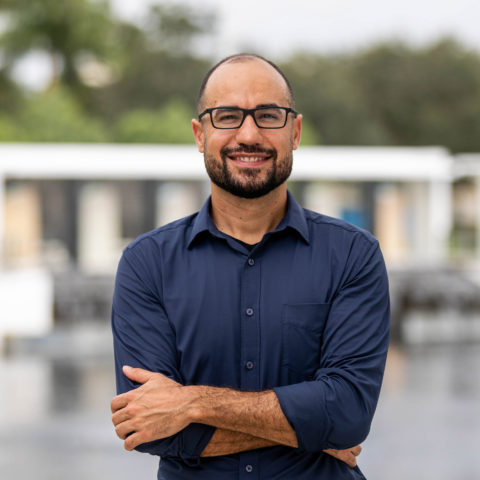Ask any Lynn University student, graduate or faculty member about the Donald E. and Helen L. Ross College of Education, and Kathleen Weigel's name is sure to come up almost immediately.
As dean, Weigel not only oversees curriculum and a talented team of professors, but she's also genuinely invested in preparing her students for a robust career filled with success and happiness—cheering them on long after they've graduated.
Weigel joined Lynn nearly two decades ago as an adjunct professor while continuing her career as a principal in Palm Beach County Schools. She became dean nearly ten years ago, leveraging her 30-plus years of K-12 experience to apply cutting-edge learning techniques to help Lynn students soar in their careers. Ultimately, Weigel's goal has remained the same … to empower future leaders and educate future educators.
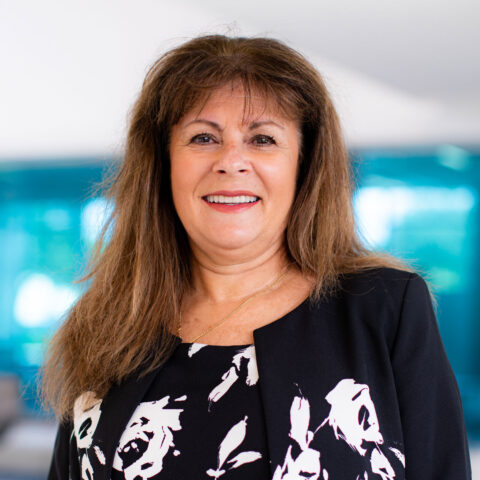

How did you first discover your passion for teaching?
My dad was an athletic director, and my mom was a teacher and eventually an assistant principal. My aunt and uncles were also teachers. My grandparents were immigrants from Germany on one side and Italian on the other. My Italian grandfather only went to school until the third grade—he instilled a love of learning in me and always encouraged me to finish my education and become a teacher. A profession he stated was the most noble one.
What do you love about the day-to-day aspects of this profession?
I believe that every person has a gift and our job as teachers is to unlock that gift. I saw my parents help their students grow. I think it was only natural that I followed in their footsteps. Therefore, I love to find the goodness in people and watch them succeed! Our job is to push people into the light and find their giftedness.
What can someone expect if they are enrolled in a College of Education program?
We focus and pride ourselves on having very practical degrees. Students choose early childhood education or elementary education and specialize in reading, English as a second language and exceptional student education strategies. They are certified from the time a child is born to sixth grade, which makes them highly marketable.
What do you think makes the College of Education special?
We're a very small department, but we know how to operate as a team. Everyone who teaches in our department is a practitioner. They give students the necessary and specialized attention to help them succeed. Even more importantly, the College of Education is named after Donald E. and Helen L. Ross. They made educational degrees and university life possible for so many people. Their names are synonymous in the community for their dedication to that end. In our program, we espouse to continue that legacy.
What do students do to get through it? What are the sacrifices they make?
Students get through the programs because of our continual support. The professors are committed to taking whatever time is necessary to help them understand the content. We also encourage practical application—we allow students to substitute, and that valuable classroom time can serve for their observation hours. Our students take a bus to different schools in the district and are able to participate in real experiential learning in the field. Many schools in our community take an interest in our students and are able to grant them practical experiences. Lynn is a very special place.
Tell us more about the quilts you hand out to students. When did it start?
During my lunch break on a Saturday Ed.D. class, I began hand-sewing the binding on one quilt—a student came in and saw it. She admired it and I asked her if she wanted it. Thus, the idea was born. When one gets a doctorate, one makes a huge sacrifice with personal time and finances. The quilts are a way for me to give back to those students for the time and effort they gave to me. They can put the quilt around themselves when they are feeling low or cold; they know that it's me giving them a hug and appreciating their commitment to our program and to education in general.
Can you share the meaning behind the "Feed your Beast" sign in your office?
When I started working at Lynn, I had a little more time than I was used to as a high school principal. I thought about what it takes to commit to a degree. I realized it was a hunger to do and be more. I encourage my students to stay hungry and find new dreams that they want to pursue in this field and life: thus "Feed your Beast."
What do you see for the future of the College of Education?
I just want to have our legacy continue and find people who can stay inspired. The students keep me energized. Every alum is making a huge, positive impact and has the strength of character to fix things around them, and improve and find the light in everyone they meet. Lynn students are making an impact on people they know and for generations to come.
Continuing a legacy
Weigel is known throughout Lynn for her encouraging spirit, which is one of the many supportive traits she exudes. Because of this, the College of Education has a plethora of success stories from alumni prospering as both teachers and administrators within the education industry.
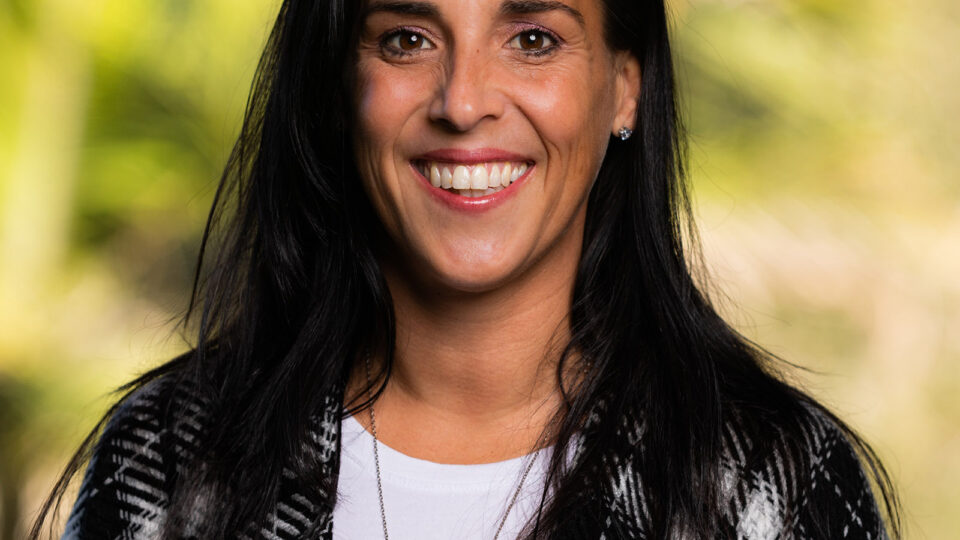
Debra Rodrigues, class of 2025
Debra Rodrigues, class of 2025, associate director of graduate and online admissions at Lynn, knows Weigel's impact—and her knack for sayings—firsthand. "I applied to Lynn's Doctor of Education program in Fall 2023 and decided to withdraw my application a couple of weeks before the program started," said Rodrigues. "Dr. Weigel personally reached out to talk through my apprehension and said, 'Debra, how do you eat an elephant? One piece at a time.'" Rodrigues listened and focused on taking things one step at a time. She is now in her second year in the program with a new sense of drive and purpose thanks to Weigel's advice.
Dr. Moody Fuller '17
Lynn alumnus Dr. Moody Fuller '17 is currently serving as principal of Boynton Beach Community High School. "Lynn's College of Education helped me grow into the leader I am today. The educational programming was designed not only to prepare me for my current role as a proud high school principal but also to collaborate with professionals in the industry," said Fuller. "I was able to learn from former superintendents, principals, specialists and other teachers."
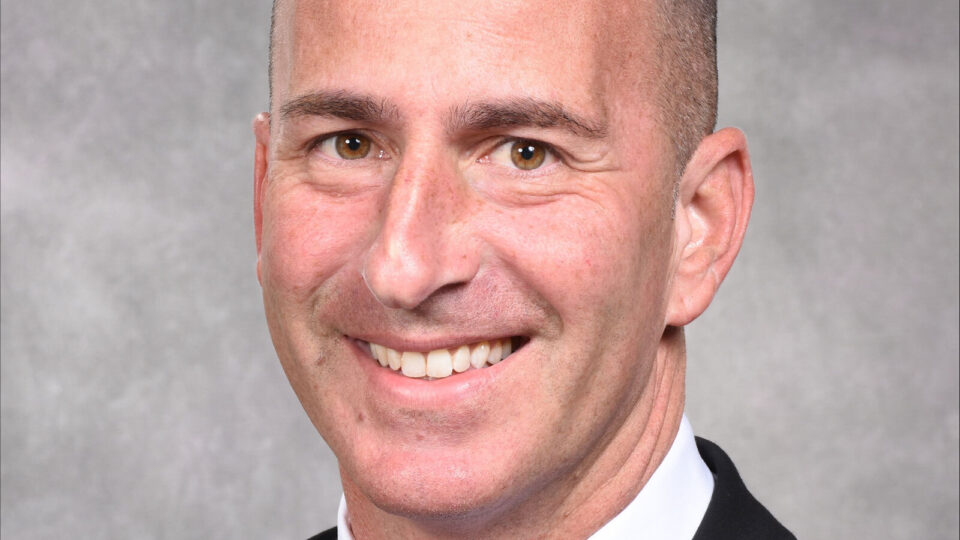
Dr. Craig Sommer '21
Craig Sommer '21, chief of schools at St. Lucie Public Schools, is another one of Weigel's grateful graduates. "Dr. Weigel is a leader of leaders who fully believes in her students. I would not have joined the College of Education without her," said Sommer. "I really loved the program's cohort model, which helped prepare me for dissertation and allowed me to apply my research to real-world work."
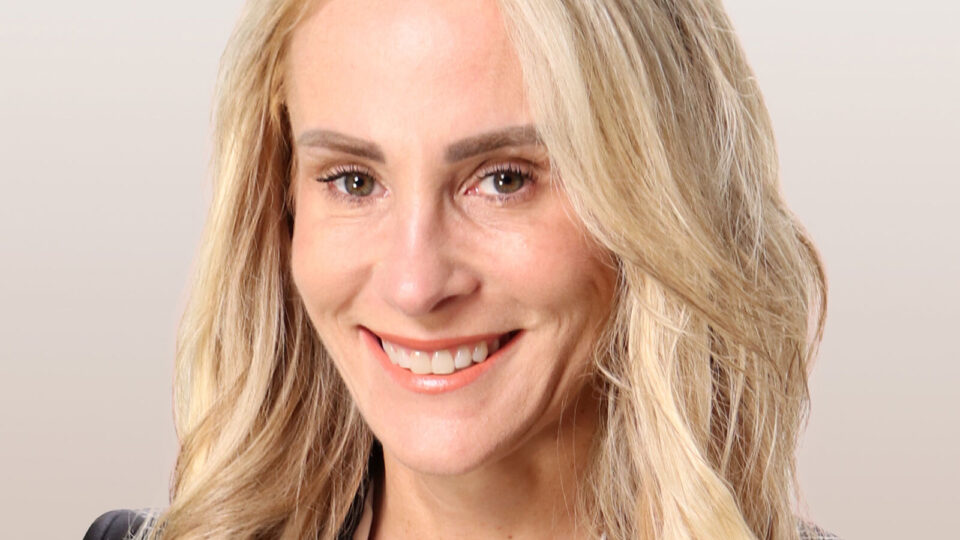
Rachel Capitano, class of 2024
Rachel Capitano is the south regional superintendent for Palm Beach County School District.
"Being a doctoral student at Lynn's College of Education has elevated my academic achievement and prepared me for career advancement. Through the use of the Carnegie Project on the Education Doctorate (CPED) at Lynn, I have conducted collaborative and relevant research on the issues educators face daily."
An extraordinary environment
The doctoral program is designed for students—who are many times hand-picked by faculty—to get in the field as practitioners and impact the successes of both students and staff.
As Weigel looks to the future of the program, she is confident the university will continue to provide the most extraordinary environment for students to become the best versions of themselves.
"Lynn does a huge service for stakeholders in our communities and teaches students how to make things better," said Weigel. "We must continue to communicate and have academic conversations for change. We as teachers are nothing more than a reflection of society. So, let's make it the best we can. Always."
